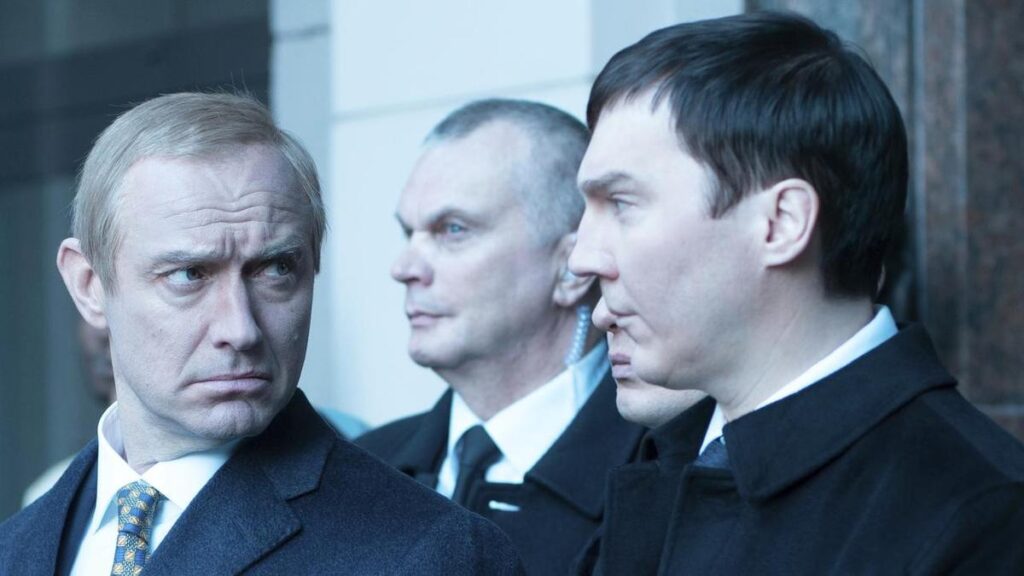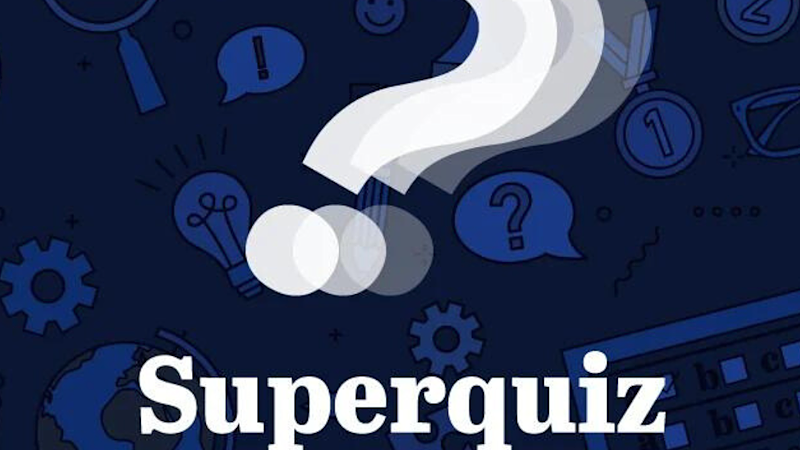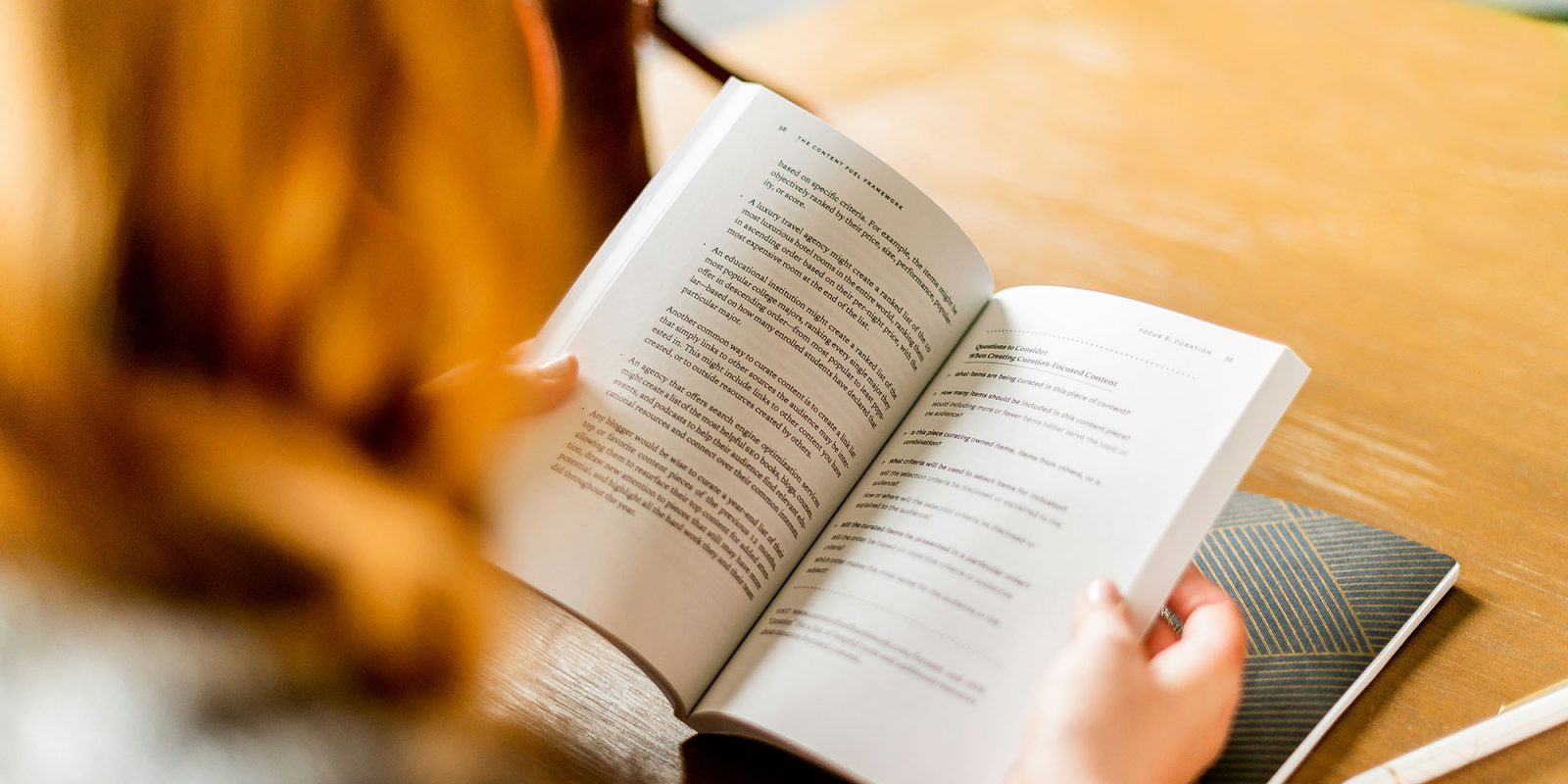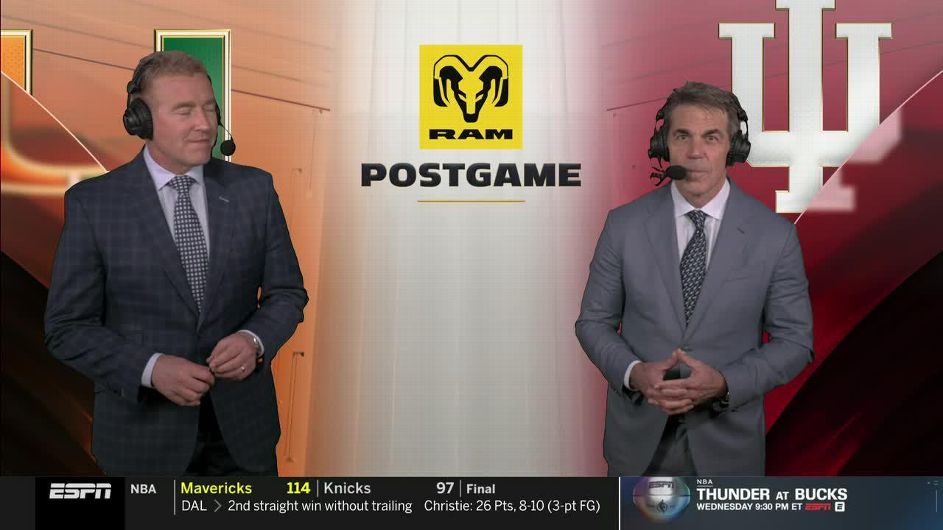
Jude Law made a striking entrance at the Venice Film Festival with the world premiere of his film, The Wizard of the Kremlin. In this adaptation of Giuliano da Empoli‘s bestselling novel, Law takes on the complex role of Vladimir Putin, exploring the Russian leader’s ascent to power alongside a fictional adviser, Vadim Baranov, portrayed by Paul Dano.
The film is set against the backdrop of the early 1990s, capturing the tumultuous period of post-Soviet chaos. Baranov’s character draws inspiration from real-life political strategist Vladislav Surkov, who played a pivotal role in shaping the political landscape under Putin before resigning as deputy prime minister in 2013.
Exploring Political Themes Amid Ongoing Conflict
The Wizard of the Kremlin arrives at a time of heightened scrutiny regarding Russia’s ongoing conflict in Ukraine, which has persisted for three years. The film is expected to spark discussions about modern politics, particularly as efforts to negotiate a ceasefire and establish a comprehensive peace settlement in Europe have encountered significant challenges.
French filmmaker Olivier Assayas, known for acclaimed works like Clouds of Sils Maria and Personal Shopper, makes his English-language directorial debut with this project. Due to restrictions in filming in Russia, production took place in Latvia, further emphasizing the film’s critical stance on the current state of affairs.
Assayas noted in his director’s statement, “It is not a film about the rise of one man… but a reflection on modern politics – or rather, the smoke screens behind which it now hides: cynical, deceptive, and toxic.”
He elaborated that The Wizard of the Kremlin is less about the political figure of Putin and more an exploration of the mechanisms of power that influence contemporary governance. This approach positions the film as not solely a political narrative, but rather a commentary on the methods and ethics that underpin political engagement today.
Anticipation and Cultural Impact
As the film screens at the prestigious festival, anticipation builds around its potential to resonate with audiences worldwide. The portrayal of Putin by Law is expected to provoke thought and discussion, given the current geopolitical climate and the complexities surrounding Russia’s role in international relations.
With significant themes at play, The Wizard of the Kremlin aims to offer audiences more than just a biographical account; it seeks to delve into the moral ambiguities and the often opaque nature of political power. As the festival unfolds, the film’s impact on both cinema and political discourse will likely be closely monitored by critics and audiences alike.






